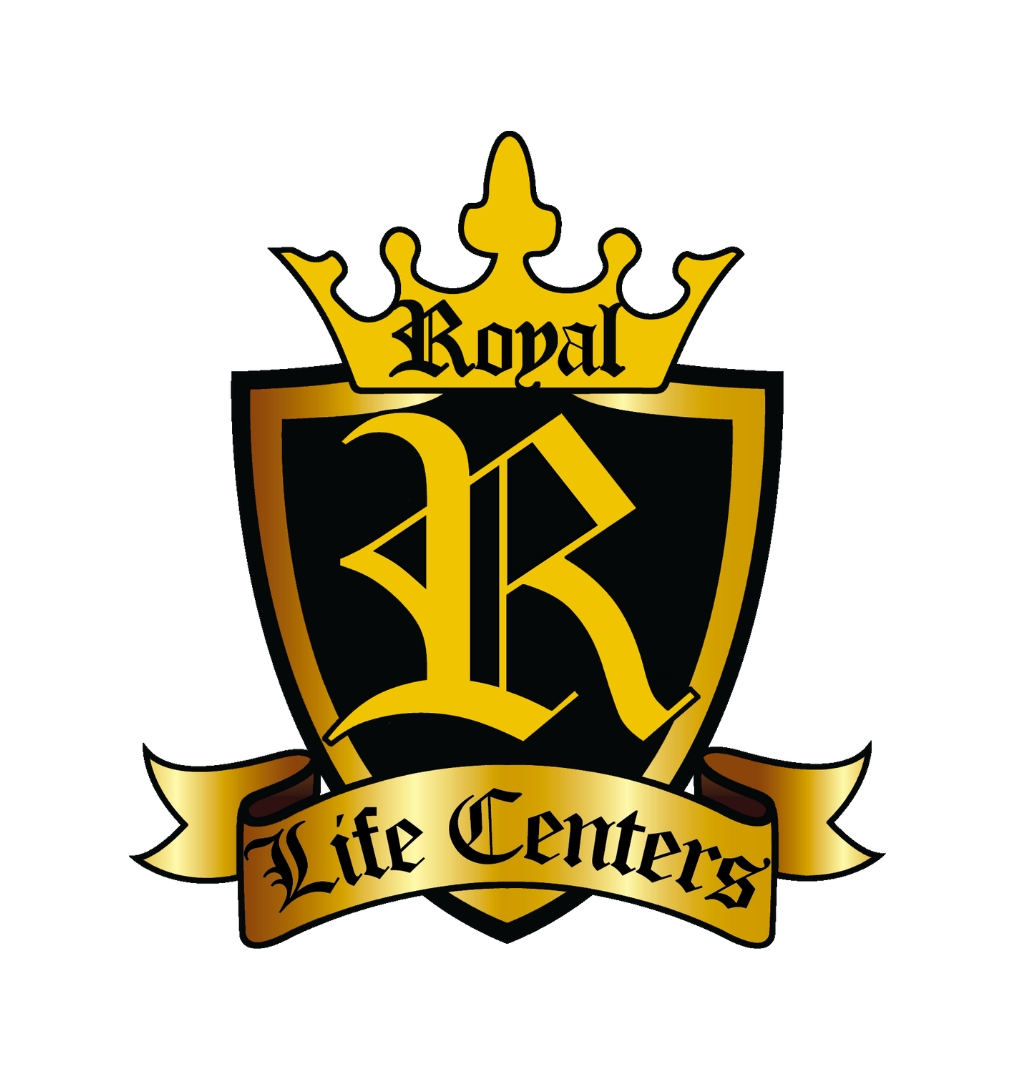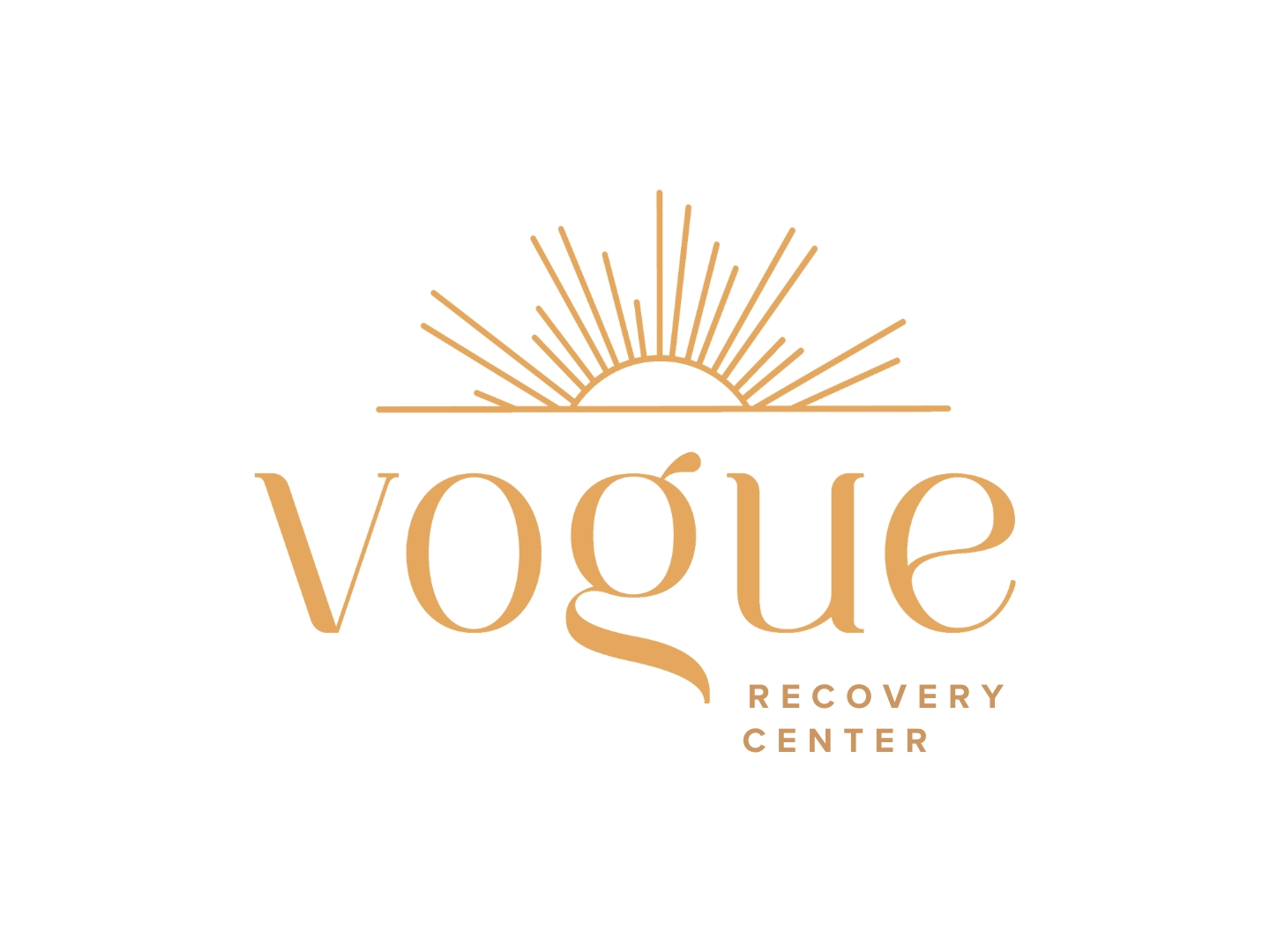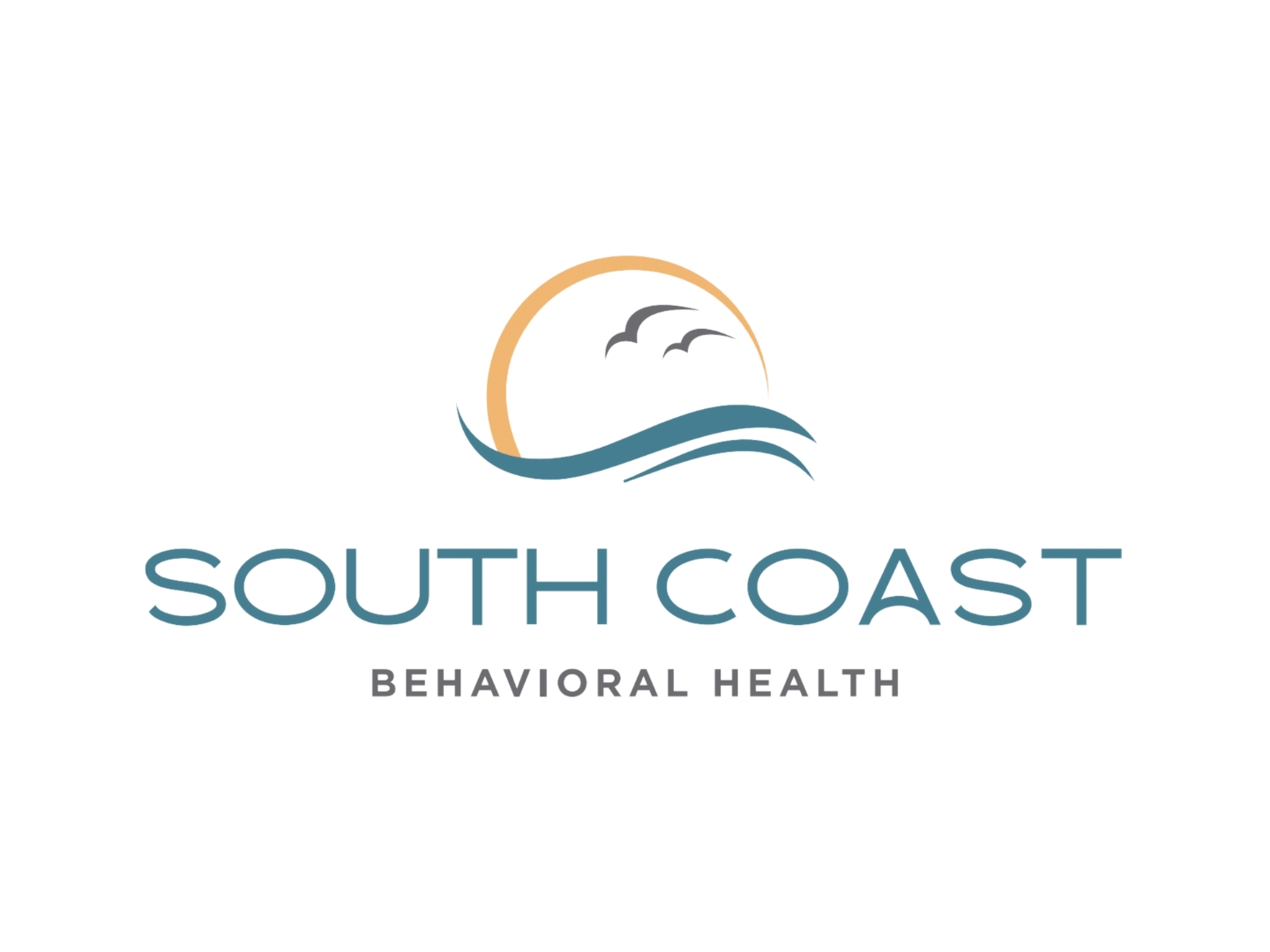Neurodevelopmental Disorders
Neurodevelopmental disorders are a cluster of mental health issues that affect how the brain and nervous system function and develop. Recognizing the unique challenges and needs of those living with neurodevelopmental disorders is crucial for providing appropriate support and interventions.
While the specific symptoms and severity can vary, these disorders are often characterized by difficulties in areas such as communication, social interaction, attention, and cognitive processing. Understanding the underlying causes, diagnostic criteria, and available treatment options is essential for helping individuals with neurodevelopmental disorders reach their full potential. Aliya Health Group provides treatment options for managing these disorders safely and effectively.
What Are Neurodevelopmental Disorders?
Neurodevelopmental disorders affect the development and functioning of the brain and nervous system. These disorders most often arise during childhood and can negatively impact cognitive, behavioral, and social abilities. Neurodevelopmental disorders include autism spectrum disorder, attention-deficit/hyperactivity disorder (ADHD), intellectual disabilities, and learning disorders.
The specific symptoms and severity of neurodevelopmental disorders can vary greatly, but they often involve challenges in areas like communication, social interaction, attention, and cognitive processing. These disorders are believed to be caused by a complex interplay of genetic, environmental, and neurological factors that influence the brain’s development and function.
These disorders are treatable through a combination of therapies that emphasize things like tailored educational programs, speech and language improvement, motor skills development, social skills training, and medication.
Talk to an Admissions Representative | Free, No Obligation, 100% Confidential
How Soon Can I Get Help?
No one should have to wait to heal, which is why our specialists are available 24/7 to help guide you through the admissions process every step of the way.
Causes of Neurodevelopmental Disorders
The exact causes of neurodevelopmental disorders are not fully understood, but research suggests that they can be influenced by a combination of genetic and environmental factors:
- Certain genetic variations and mutations can increase an individual's risk of developing a neurodevelopmental disorder.
- Exposure to toxins, infections, or other environmental stressors during pregnancy or early childhood can also contribute to the development of neurodevelopmental disorders.
- Differences or abnormalities in the structure and function of the brain and nervous system can play a role in the onset and severity of neurodevelopmental disorders.
The complex interplay of these factors can result in the diverse range of symptoms and presentations seen in individuals with neurodevelopmental disorders.
Looking for Mental Health Services?
If you or a loved one is struggling with their mental health, our admissions team is available 24/7. Our compassionate and understanding team can help answer your mental health treatment questions and get you started on the path to recovery.
Deciding to seek depression treatment can be intimidating. We are here to make this process as easy as possible. Reach out to us today to learn more about how our treatment centers can help!
- How we can help
- Programs and locations
- Payment options
Types of Neurodevelopmental Disorders
Neurodevelopmental disorders encompass a wide range of conditions that affect the development and functioning of the brain and nervous system. These disorders typically manifest during childhood and can have a significant impact on an individual’s cognitive, behavioral, and social abilities. While the specific symptoms and severity can vary, these disorders often involve challenges in areas such as communication, social interaction, attention, and cognitive processing.
According to the Diagnostic and Statistical Manual of Mental Disorders, Fifth Edition (DSM-5), neurodevelopmental disorders can be classified into several broad categories:
- Attention-deficit/hyperactivity disorder (ADHD)
- Autism spectrum disorder (ASD)
- Neurodevelopmental motor disorders
- Intellectual disabilities (intellectual development disorder)
- Communication disorders
- Specific learning disorders
It is important to note that many individuals with neurodevelopmental disorders may experience comorbid conditions, meaning they meet the criteria for more than one disorder. Understanding the unique characteristics and needs of each type of neurodevelopmental disorder is crucial for providing appropriate support and interventions.
Attention Deficit Hyperactivity Disorder (ADHD)
Attention deficit hyperactivity disorder (ADHD) causes inattention, hyperactivity, and impulsivity in both children and adults. It is one of the most common mental health conditions affecting children and often continues into adulthood. Individuals with ADHD may struggle with staying focused, controlling impulsive behaviors, and regulating their activity levels, which can significantly impact their academic, social, and occupational functioning. While the exact causes of ADHD are not fully understood, it is believed to involve a complex interplay of genetic, neurological, and environmental factors. With appropriate treatment and support, individuals with ADHD can learn to manage their symptoms and thrive.
Symptoms of ADHD
The main symptoms of ADHD are as follows:
- Difficulty maintaining focus, easily distracted, forgetful, and struggles to follow through on tasks
- Excessive physical movement, fidgeting, restlessness, and difficulty sitting still
- Acting hastily and not thinking about consequences, interrupting others who are speaking, and having difficulty waiting their turn to act or speak.
These symptoms can manifest differently in individuals, with some experiencing predominantly inattentive symptoms, others predominantly hyperactive-impulsive symptoms, and some a combination of both. Recognizing and addressing these symptoms is crucial for providing effective support and interventions for those living with ADHD.
Autism Spectrum Disorder
Autism Spectrum Disorder (ASD) is a complicated neurodevelopmental issue where someone faces challenges in social communication and interaction, as well as restricted, repetitive patterns of behavior, interests, or activities. Individuals with ASD often have problems understanding and expressing emotions, interpreting social cues, and engaging in back-and-forth conversations. The disease features a spectrum, meaning that the severity and specific symptoms can be different for everyone. While the exact causes of ASD are not fully understood, it is believed to involve a combination of genetic and environmental factors that influence brain development and function.
Symptoms of Autism Spectrum Disorder
The core symptoms of Autism Spectrum Disorder include:
- Difficulties with social communication and interaction, such as limited eye contact, trouble understanding and expressing emotions, and challenges in developing and maintaining relationships
- Restricted, repetitive patterns of behavior, interests, or activities, such as rigid routines, intense fixations on specific topics, and repetitive movements or speech
- Sensory processing issues, such as hypersensitivity or hyposensitivity to certain stimuli
- Delayed or atypical language development
- Cognitive and intellectual impairments, which can range from mild to severe
The specific presentation and severity of these symptoms can vary greatly among individuals on the autism spectrum, highlighting the need for personalized support and interventions.
Disruptive Mood Dysregulation Disorder
Disruptive Mood Dysregulation Disorder (DMDD) is a relatively new mental health condition that is characterized by persistent irritability, frequent and severe temper outbursts, and an overall mood of anger or frustration. This disorder is typically diagnosed in children and adolescents and is believed to be a response to emotional dysregulation and difficulty managing intense emotions that can occur during these developmental stages. DMDD is distinct from other mood disorders, such as bipolar disorder, and requires specialized treatment approaches to help individuals develop healthy coping mechanisms and emotional regulation skills.
Symptoms of Disruptive Mood Dysregulation Disorder
The notable symptoms of Disruptive Mood Dysregulation Disorder include:
- Persistent irritability and anger, often expressed through frequent and severe temper outbursts
- Difficulty regulating emotions and mood, leading to a chronic, angry/irritable state
- Impairment in social, academic, or occupational functioning due to emotional dysregulation
- Symptoms that are present in multiple settings, such as at home and at school
- Onset of symptoms before the age of 10 and persistence for at least 12 months
Recognizing and addressing the unique challenges associated with DMDD is crucial for providing effective support and interventions to help affected individuals manage their emotions and improve their overall well-being.
Are you ready to heal from mental illness? Reach out today through live chat, email, or phone.
How Are Neurodevelopmental Disorders Diagnosed?
Diagnosing neurodevelopmental disorders typically involves a comprehensive evaluation by a team of healthcare professionals, including pediatricians, child psychologists, and speech-language pathologists. The diagnostic process often begins with a thorough review of the child’s developmental history, medical records, and current symptoms. Standardized assessments, such as intelligence tests and behavioral checklists, may be used to evaluate cognitive abilities, language skills, and social-emotional functioning.
In some cases, additional tests like genetic screenings or neuroimaging may be conducted to rule out underlying medical conditions or identify specific genetic factors contributing to the disorder. Early diagnosis is crucial for accessing appropriate interventions and support services to help children with neurodevelopmental disorders reach their full potential.
DSM-5 Criteria for Neurodevelopmental Disorders
According to the DSM-5, neurodevelopmental disorders are a group of conditions with onset in the developmental period, typically manifesting early in childhood before entering grade school. These disorders are characterized by developmental deficits that produce impairments in personal, social, academic, or occupational functioning.
The DSM-5 categorizes the following disorders under the neurodevelopmental disorders chapter:
- Intellectual Disabilities (Intellectual Developmental Disorder)
- Communication Disorders
- Autism Spectrum Disorder
- Attention-Deficit/Hyperactivity Disorder
- Specific Learning Disorders
- Motor Disorders
The diagnostic criteria emphasize the need for an assessment of both cognitive capacity and adaptive functioning, with severity determined by adaptive functioning rather than IQ score. The disorders typically manifest early in life and can produce lifelong functional impairments.
Treatment for Neurodevelopmental Disorders
Treating neurodevelopmental disorders often requires a multifaceted approach that addresses the unique needs and challenges of each individual. The primary goals of treatment are to help manage symptoms, improve functioning in daily life, and support overall well-being. Treatment plans may include a combination of medications, psychotherapy, educational interventions, and supportive services tailored to the specific disorder and the individual’s age, developmental stage, and specific needs. Early intervention is crucial, as it can help children with neurodevelopmental disorders develop essential skills and strategies to manage their symptoms and reach their full potential. With appropriate treatment and support, many individuals with neurodevelopmental disorders can lead fulfilling and productive lives.
Medications
Medications can provide relief from specific symptoms associated with neurodevelopmental disorders. These medications include:
- Stimulants or non-stimulants for attention-deficit/hyperactivity disorder (ADHD) to improve focus and concentration
- Antidepressants or anti-anxiety medications for co-occurring mental health conditions like depression or anxiety
- Antipsychotics for severe behavioral issues or psychotic symptoms
- Sleep medications for sleep disturbances
It is important to note that medications do not cure neurodevelopmental disorders but can help alleviate certain symptoms and improve overall functioning when used in conjunction with other therapies.
Psychotherapy
Psychotherapy, also known as talk therapy, can help individuals with neurodevelopmental disorders develop coping strategies, improve social skills, and address any co-occurring mental health conditions. Common types of psychotherapy used in the treatment of neurodevelopmental disorders include:
- Cognitive-behavioral therapy (CBT) helps people realize and change negative thought patterns and behaviors
- Social training can help improve communication skills
- Family therapy to help family members understand the disorder and develop effective coping strategies
- Play therapy for young children to express their feelings and learn new skills through play
Psychotherapy can be conducted individually or in a group setting and is often an essential component of a comprehensive treatment plan for neurodevelopmental disorders.
Cognitive-Behavioral Therapy (CBT)
Cognitive-behavioral therapy (CBT) is a type of psychotherapy that helps individuals identify and change negative thought patterns and behaviors. It focuses on the relationship between thoughts, feelings, and behaviors and aims to teach individuals to recognize and challenge distorted thinking patterns, replacing them with more balanced and realistic ones.
Applied Behavior Analysis (ABA)
Applied behavior analysis (ABA) is a scientific approach to understanding and changing behavior. It involves systematically applying interventions based on the principles of learning theory to modify behavior, often used in the treatment of autism spectrum disorder. ABA focuses on teaching new skills and behaviors and reducing problem behaviors through positive reinforcement and other behavioral techniques.
We accept health insurance
Aliya Health Group accepts most major health insurance providers on both a national and local level. Some of the health insurance providers we work include:







Check to see if your insurance is in-network at one of our rehab facilities.
Tips for Coping with Neurodevelopmental Disorders
Living with a neurodevelopmental disorder can present unique challenges, but with the right support and coping strategies, individuals can learn to manage their symptoms and thrive.
Here are some tips that may help:
- Develop a strong support system of family, friends, and professionals
- Techniques like deep breathing, meditation, or yoga can help manage stress
- Sticking to a consistent routine and schedule provides structure and predictability
- Advocate for your needs and rights, whether in school, work, or daily life
- Celebrate small victories and successes to boost self-esteem and motivation
- Seek out resources and support groups to connect with others who understand your experiences
- Be patient and kind with yourself as you navigate the ups and downs of your journey
Client Testimonials






Professional Help for Neurodevelopmental Disorders
Seeking professional help is crucial for effectively managing neurodevelopmental disorders. This may include consulting with a developmental pediatrician, child psychologist, or other specialists to obtain an accurate diagnosis and develop a personalized treatment plan. Professionals can provide evidence-based therapies, such as cognitive-behavioral therapy or applied behavior analysis, to help individuals develop essential skills and strategies for managing their symptoms. They can also connect families with community resources, support services, and educational accommodations to ensure that individuals with neurodevelopmental disorders have the tools and support they need to reach their full potential.
Change your life with one call.
We can help.
Frequently Asked Questions
Before entering outpatient treatment for substance abuse, most people have a long list of questions and concerns. To help you gain a better understanding of what to expect during outpatient programs, we have compiled a list of our most frequently asked questions.
Yes, our rehabilitation facilities have designated smoking areas available. However, kindly note that all cigarettes brought into the facility must be in unopened packs or cartons. The same rule applies to any cigarettes sent or brought by family or friends. Our staff will be more than happy to provide you with additional details regarding these guidelines during the admission process.
Yes, in most cases, we can offer repayment options tailored to your unique circumstances. For more details regarding personal repayment options, we recommend reaching out to our admissions team. They’ll be more than happy to assist you.
We accept all major insurance plans at our treatment locations. To learn more about insurance and treatment cost, contact our admissions team or fill out our secure insurance verification form.
Yes, we provide integrative dual diagnostics alongside a wide array of treatment modalities. Our core objective revolves around tackling addiction, while simultaneously addressing the underlying factors that contribute to substance use disorders. Our mission is to deliver effective and holistic care that encompasses both symptom management and the exploration of root causes of addiction.
In terms of cost, outpatient treatment is typically more affordable than inpatient options which require round-the-clock medical supervision. This makes it a viable solution for individuals who may be deterred from seeking help due to financial constraints.








